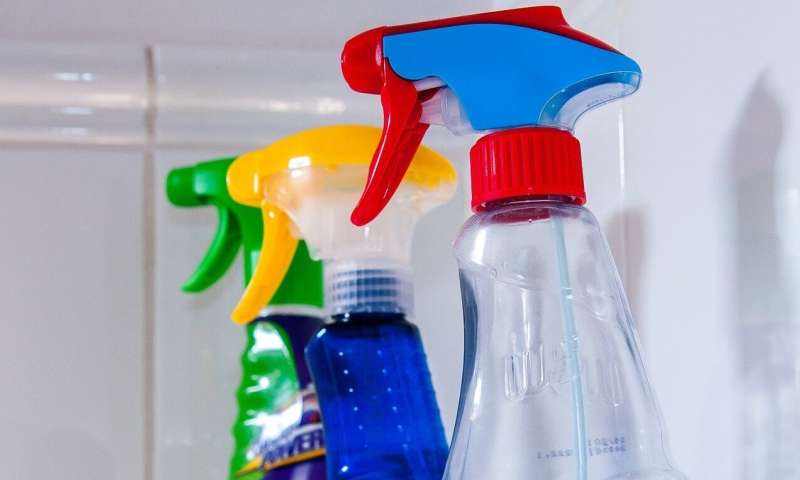
When was the last time you disinfected your smartwatch?
The gadgets we wear daily are often riddled with germs and bacteria. And in the wake of the spreading coronavirus, now might be the time to pull out the alcohol wipes.
“Any solid surface can be a transmitter for COVID-19,” said Debra Goff, an infectious disease specialist at Ohio State University Medical Center. “That includes your Apple Watch and your Fitbit.”
People often remember to wash their hands, which is one of the best ways to avoid catching coronavirus, according to the World Health Organization. But smartwatches don’t get the same level of attention.
We use our dirty fingers to open notifications and count our steps. Then go to the sink, lather up and kill germs on our hands, before proceeding to tap away at unclean screens on our wrist.
That’s a common way to “reinfect” your hands, according to Dr. Blanca Lizaola-Mayo, an internal medicine doctor who works at Mayo Clinic Scottsdale. Your dirty hands can then transport viruses into your eyes, nose and mouth.
“The period we’re in right now, you need everything possible to be as clean as possible, including your watch and Fitbit,” Goff said.
A recent study found that coronavirus can live up to three days on plastic and stainless steel. What’s even more alarming is the spreading respiratory illness can hang out as droplets in the air for up to three hours before falling to the floor, or onto other hard surfaces like phones or watches.
“Any surface is fair game,” Goff said.
Another study by MyProtein found that 52% of Americans don’t clean their cellphone, headphones or wearables after leaving the gym—a known breeding ground for bacteria.
In the age of coronavirus, an increasing number of people are on the hunt for solutions that kill viruses on often-touched surfaces or in the air. That’s why there’s no GermX at the grocery store.
CureUV, a Florida-based company that builds gadgets that sterilize surfaces using ultraviolet light, saw website traffic jump 400% in March. The company’s sales have also spiked, said Juan Ribero, a marketing executive at CureUV.
“The phone is now ringing about 1,500 times a day. Before it was ringing about 30 times a day,” Ribero said.
Late last week, the Centers for Disease Control and Prevention said in order to stay healthy, people should deep clean “high-touch” surfaces like “counters, tabletops, doorknobs, bathroom fixtures, toilets, phones, keyboards, tablets, and bedside tables.”
But is it safe to use a disinfectant on my Apple Watch?
Yes. According to Apple’s website, it’s OK to use some alcohol wipes or Clorox Disinfecting Wipes to sterilize your Apple Watch.
However, the company warns: “Don’t use on fabric or leather bands. Don’t use bleach. Avoid getting moisture in any openings, and don’t submerge your Apple Watch in any cleaning agents.”
What about my Fitbit?
Fitbit recommends using a toothbrush with rubbing alcohol to clean its devices. You can dry with a cloth or tissue before charging the company’s wearables.
Certain Fitbit devices have small holes for sensors. “Don’t insert any items, such as paper clips, into these holes as you can damage your device,” the company warns.
The U.S. Environmental Protection Agency released an extensive list of products suitable for combating coronavirus. Several Lysol-, Purell- and Clorox-brand cleaners are listed.
Infectious disease specialists recommend sterilizing your wearables as often as possible, maybe even as often as you wash your hands.
Source: Read Full Article
